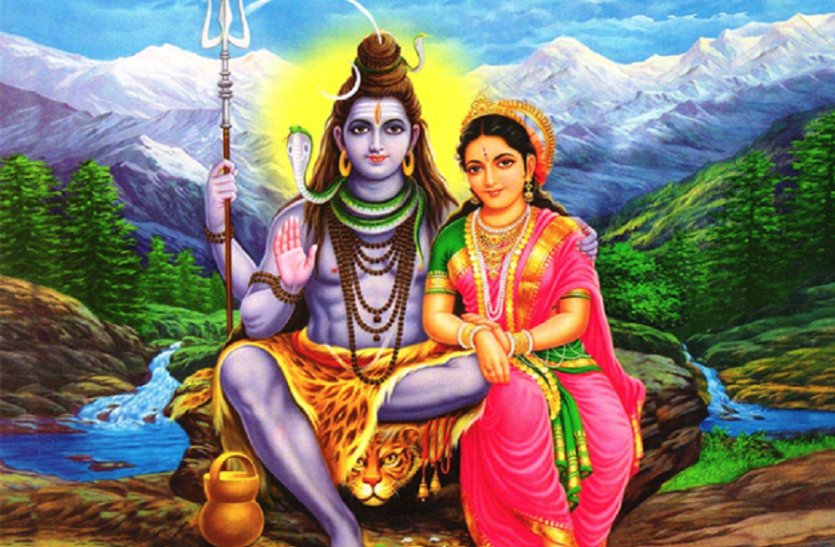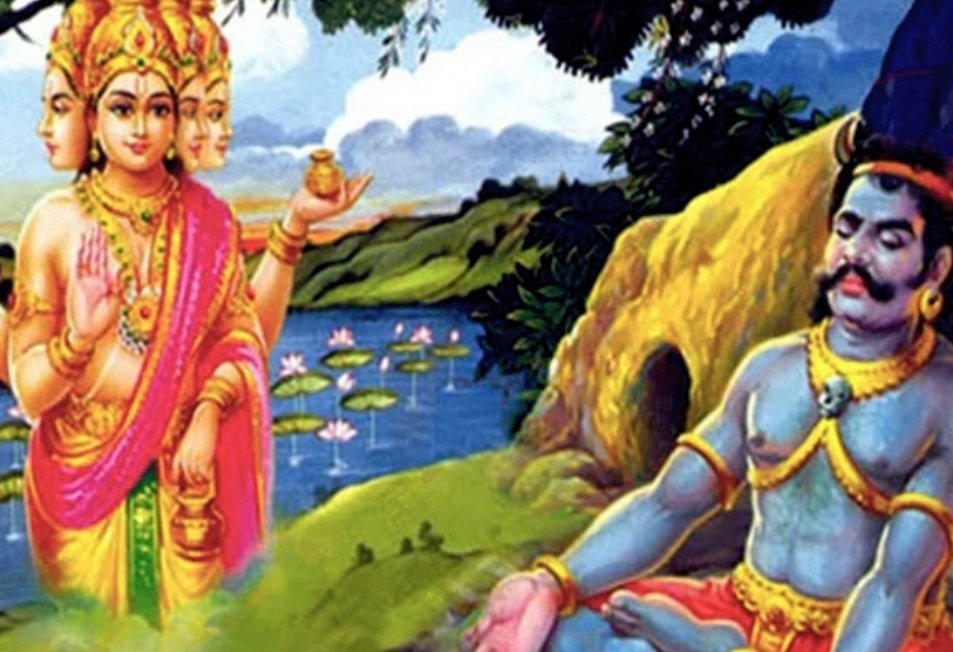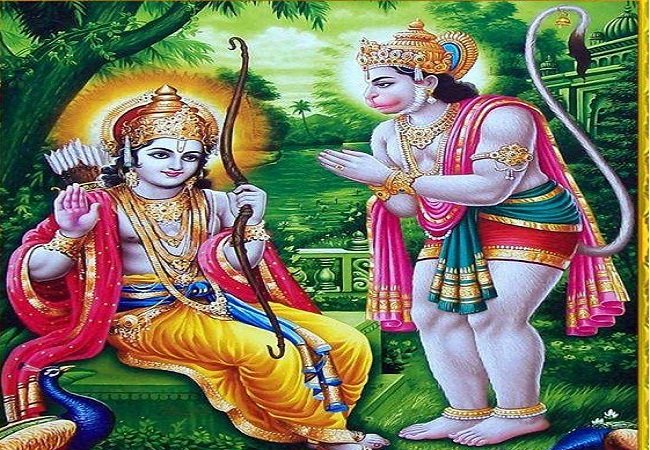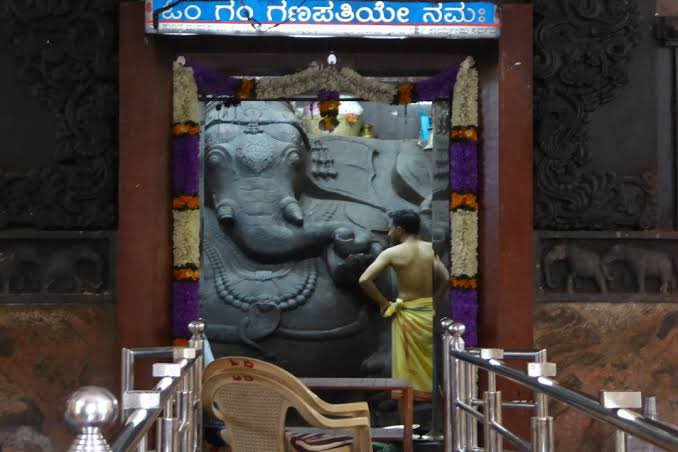from the social fallout of the #COVID-19 pandemic to imperialist #war and #ecological disaster.
The conference was addressed by author Noam Chomsky, anti-apartheid activist Ronnie Kasrils, and climate activist Scarlett Westbrook. In #Corbyn’s own address, produced below,
the socialist leader argued against defeatism, insisting that, faced with today’s crises, social movements are already in a stronger position than they were at the time of the 2008 crisis.
Highlighting the power of demands like the Green New Deal, #Corbyn called for steps
to break the corporate stranglehold on mass media — and mount a frontal challenge to the neoliberal dogmas that are today wreaking such havoc across the globe.
I want to start with a huge thank you to everybody taking part today.
People have tuned in from all across the UK, communities big and small, and from countries all over the world. Our coming together across borders, backgrounds, and experiences has never been more important. That’s what we want to do with this project:
unite the local, the national, and the global.
Thank you, all of you, for your endless determination to make a more peaceful and just world — for the many, not the few.
It’s your hope, your commitment, your passion that powers our movement.
You, those who came before you, and those who will come after us in the struggle for peace and justice, are the motor of change in history.
It may not always seem that way in the face of defeats and setbacks. But movements do transform the world.
Look at those movements that fought for liberation from slavery, the vote, equality for women, civil rights, freedom from colonialism, for the eight-hour working day, for the right to organize, for our National Health Service, for socialism.
They were scorned. They were beaten back. They often thought they had lost — and they were defeated many times.
But look who changed the world.
Who do we remember? Do you remember Sylvia Pankhurst, or the Home Secretary who put her in prison for demanding votes for women?
And there are so many more examples around the world.
That’s why we are all here. Because the struggle for peace and justice is needed today more than ever. Things can, and they will change — and that’s what our task is.
As we live through the second major global crisis in a dozen years, we see the scale of the task. But also, know that we have the solutions and are better organized and prepared than when the financial crisis hit in 2008.
The pandemic is intensifying the three deep, connected, and global crises we face: The climate emergency. An economy that generates inequality and insecurity faster than prosperity and freedom. And a global political order that holds back the vast majority of our planet’s people
and is dangerously breaking down.
2020 was the hottest year on record. The wealth of the richest rose astronomically while the majority suffered. And a global response to the pandemic was held back by authoritarian nationalist leaders, and the drive for corporate mega profits.
But we have both the ideas and the power, when we come together, to overcome these crises and build a world of peace and justice. What our movement does today will be felt for many generations to come.
Our role in the Peace and Justice Project will be to champion those ideas,
and support the movements that can turn those ideas into reality. Because if you don’t argue for your side, our opponents win by default.
Many of the ideas we need to make the 2020s better than the 2010s were developed in and around the Labour Party in recent years
by outstanding thinkers. But, more importantly, by movement demands, and the skills, the knowledge, the needs, of the communities affected.
We will build on these policies, taking them further and adapting them to the post-pandemic world, alongside movements, experts,
and with you. This, so that our movement can turn the dial away from conflict and inequality, and toward peace and justice.
As we launch today, we will focus on four areas of work. And we want you and the movements you’re involved in to take part.
Green New Deal
First, a Green New Deal, paid for by the wealthy and big polluters, that supports our planet and a new economy that produces good quality, unionized jobs as a standard.
Labour’s 2019 manifesto program is arguably the most developed green agenda in the world, combining radical decarbonisation with an enormous good jobs program in every part of the UK. We will take it further — because that’s what the future of our planet demands.
We will commission new research, thinking, and policy that can be used by movements, communities, and parties around the world to build a Global Green New Deal.
But we won’t do this to movements, we will do it with movements. So, we will convene regular meetings
with climate activists, with community groups, and with trade unions representing workers.
If your organization wants to help shape our work, and join our meetings, please get in touch with us.
And if you want to be part of the campaign we will build in the run-up
to the vital COP26 meetings in Glasgow in November, please go to our website and sign up.
Economic Security
The second area of our work is economic security, with the immediate task of supporting people in the pandemic recession.
We will advance the policies that would make the effects of a recession so much less severe for millions of people. Policies that give people things they can always rely on. Publicly owned and properly funded public services. High-quality, affordable transport.
Cheap bills from public providers. A huge expansion of social housing. Security of tenure for the private rented sector. Protections against fire and rehire to drive down wages and conditions. And rights at work from day one for all workers.
But the most important thing is to help people now.
So, we are asking our supporters — you — to link up locally and address this economic emergency together. That may involve working with food banks, mutual-aid groups, social organizations, or trade unions to support communities
























